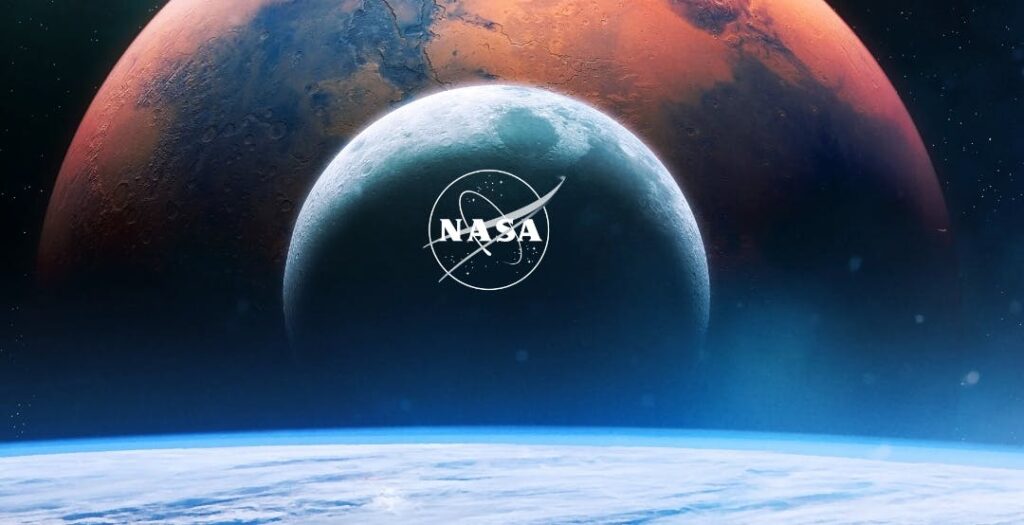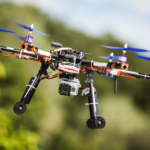As the race to commercialise space heats up, Jeff Bezos’ Blue Origin revealed on Monday that it plans to launch a space station that will house up to ten people in the second half of the decade.
“Orbital Reef,” a joint venture with commercial space company Sierra Space and with the backing of Boeing and Arizona State University, is characterised in a press statement as a mixed-use business park in space that will facilitate microgravity research and production.

“For over sixty years, NASA and other space agencies have developed orbital space flight and space habitation, setting us up for commercial business to take off in this decade,” said Blue Origin chief Brent Sherwood.
“We will expand access, lower the cost, and provide all the services and amenities needed to normalize space flight.”
As NASA contemplates the International Space Station’s future into the 2020s, the commercial outpost is one of several planned in the following years.
The space agency has a deal with Axiom to create a space station that will first dock with the ISS before becoming self-contained.
Nanoracks, in conjunction with Voyager Space and Lockheed Martin, revealed this week the development of Starlab, a proposed space station that will be operational by 2027.

Orbital Reef will sail at an altitude of 500 kilometres (310 miles), just above the International Space Station, with residents seeing 32 sunrises and sunsets per day, according to a data sheet issued by Blue Origin.
It will house ten people in futuristic modules with big windows in a space of 830 cubic metres (30,000 cubic feet), which is somewhat smaller than the International Space Station.
Though Moscow has recently equivocated on the future of the collaboration, the ISS was completed in 2011 and has long been a symbol of US-Russia space cooperation.
It is now rated safe until 2028, and incoming administrator Bill Nelson has stated that he hopes it will last until 2030, when NASA expects the private sector to step up and replace it.
Blue Origin’s New Shepard rocket, which pushed Star Trek actor William Shatner beyond the atmosphere earlier this month, is now only capable of flying to suborbital space.

New Glenn, a rocket that can carry freight and people into orbit, and a lunar lander are among its other projects, but it lost the Moon contract to rival SpaceX and is fighting NASA to overturn the decision.
Blue Origin
Blue Origin was launched in 2000 by Jeff Bezos, the world’s second richest man thanks to e-commerce giant Amazon, with the objective of one day establishing floating space colonies with artificial gravity where millions of people will work and live, freeing Earth from pollution.
These colonies would be based on a design by Gerard O’Neill, Bezos’ Princeton physics professor, and would be made up of counter-rotating cylinders that would provide artificial gravity.




